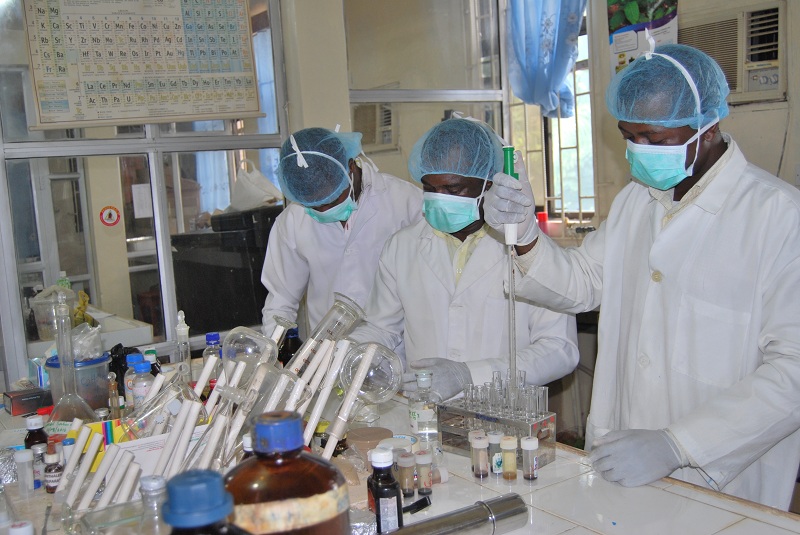Immunotherapy is a form of treatment employed mostly in cancer treatment, but it has not been effective in lung cancer treatment, and new research now shows why. This treatment works by stimulating the immune system to attack cancerous cells.
The atmosphere in the lungs suppresses T-cell activation in nearby lymph nodes
MIT researchers have now explained why immunotherapy has a lackluster response in lung cancer treatment. Researchers used mice in the study and found that the bacteria naturally found in the lungs help create an atmosphere that suppresses T-cell activation in lymph nodes around the lungs.
Interestingly the researchers didn’t see an immune-suppressive environment in the lymph nodes in tumors growing around the skin of mice. Researchers are optimistic that the finding might help develop novel ways of boosting the immune response to lung tumors. The MIT graduate student Maria Zagorulya’s led study was published in the Immunity journal.
Howard S. and Linda B. Stern, Career Development Assistant Professor of Biology, and senior study author Stefani Spranger said that there was a functional response between T-cell responses mounted in various lymph nodes. She said that they expect to identify a way of counteracting the suppressive responses to enable them to reactivate the lung-tumor targeting T Cells.
Researchers have known that cancerous cells can transmit immunosuppressive signals leading to T-cell exhaustion for years. Cancer immunotherapy seeks to rejuvenate the T-cells so they can attack tumor cells.
T-cells are not activated early in lung cancer.
Checkpoint inhibitors are mostly used for immunotherapy, and they remove breaks on overwhelmed T-cells and help rejuvenate them. The approach has been effective with most cancers like melanoma but has shown little success with lung cancer.
Spranger’s latest work offers a possible explanation for the lack of success. She established that T-cells stop working before reaching a tumor since they are not activated early in their development. Then, in a research paper in 2021, Spranger identified a collection of dysfunctional tumor cells that can be differentiated from normal T-cells.


